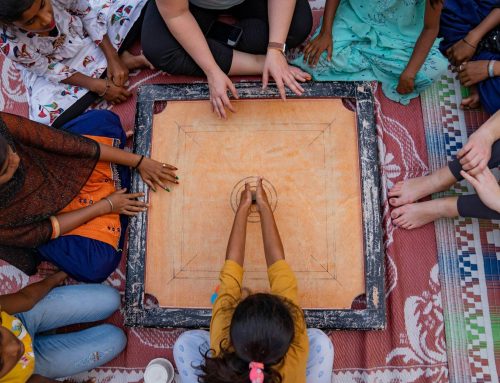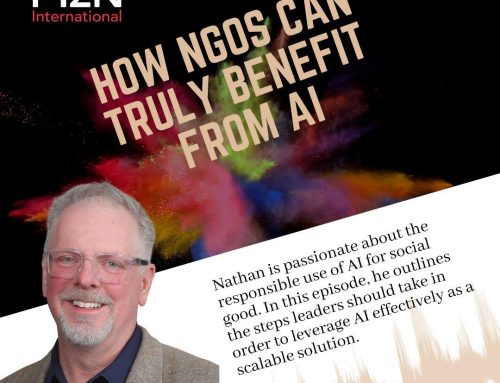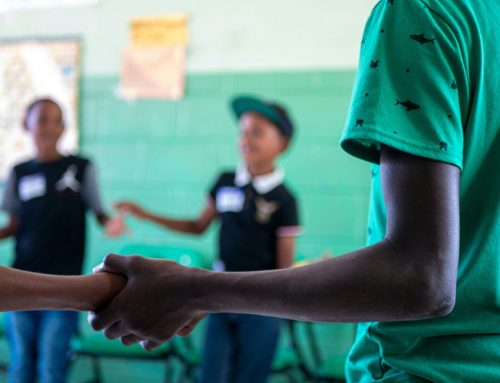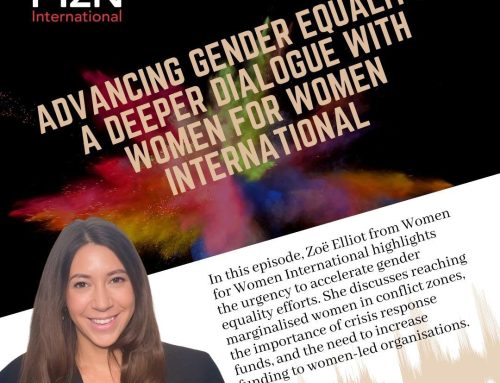In this episode, Darina Pellowska, Research Fellow at the Centre for Humanitarian Action, outlines the findings of her report ‘Localisation in Practice: Facilitating equitable partnership in humanitarian project management’. Darina frames equitable partnerships as the key to locally-led development. However, achieving such partnerships requires us to rethink the conventional project management model as we know it. Darina suggests moving away from project cycle management and towards a more flexible and responsive ‘agile management’ approach. Catch up on the episode to find out how we can make this happen.
“What I argue is that agile management first dissolves hierarchies that are introduced in the formulation phase of project cycle management but it also allows mutual interaction between the humanitarian partners as part of the project team”. Darina Pellowska CHA.
In this discussion, Hande, our Senior Consultant, and Darina delve deeper into the concept of equitable partnerships in humanitarian action. They explore what it means to establish such partnerships and what stakeholders should prioritise to make them successful. They also examine the barriers that prevent such partnerships from working, including actor-specific, structural, and social barriers, and Darina offers solutions to overcome them.
Darina highlights how the current management style – project cycle management – hinders the establishment of equitable partnerships. Her report asserts that a fresh approach, in the form of agile management, is needed to make progress. Darina explains the differences between these two management styles and why the shift to agile management holds critical value for achieving locally-led development.
The traditional project cycle management approach lacks the capacity to foster equitable partnerships, prompting a call for a shift towards agile management methods. Agile management breaks down project cycles into smaller, iterative phases, facilitating ongoing review and adjustment of project logic. This approach enables humanitarian partners to reassess their roles collaboratively, promoting equitable participation. Darina highlights several benefits of agile management, including the dissolution of hierarchical structures present in traditional management. Additionally, it fosters mutual interaction among humanitarian partners, overcoming barriers imposed by bilateral relations, and enabling knowledge transfer, transparency, and collaborative work.
The key question is: Are donors and international organizations willing to give up their positions of power to make this work? Tune in to find out.
Resources
Localisation in Practice: Facilitating equitable partnership in humanitarian project management with findings from conversations in Germany, Bangladesh, and South Sudan. Author Darina Pellowska. February 2023. Full report.
Localisation in Practice II: Implementing risk sharing in humanitarian action. Findings from Bangladesh. Authors Darina Pellowska & Johanna Fipp. December 2023. Full report.




